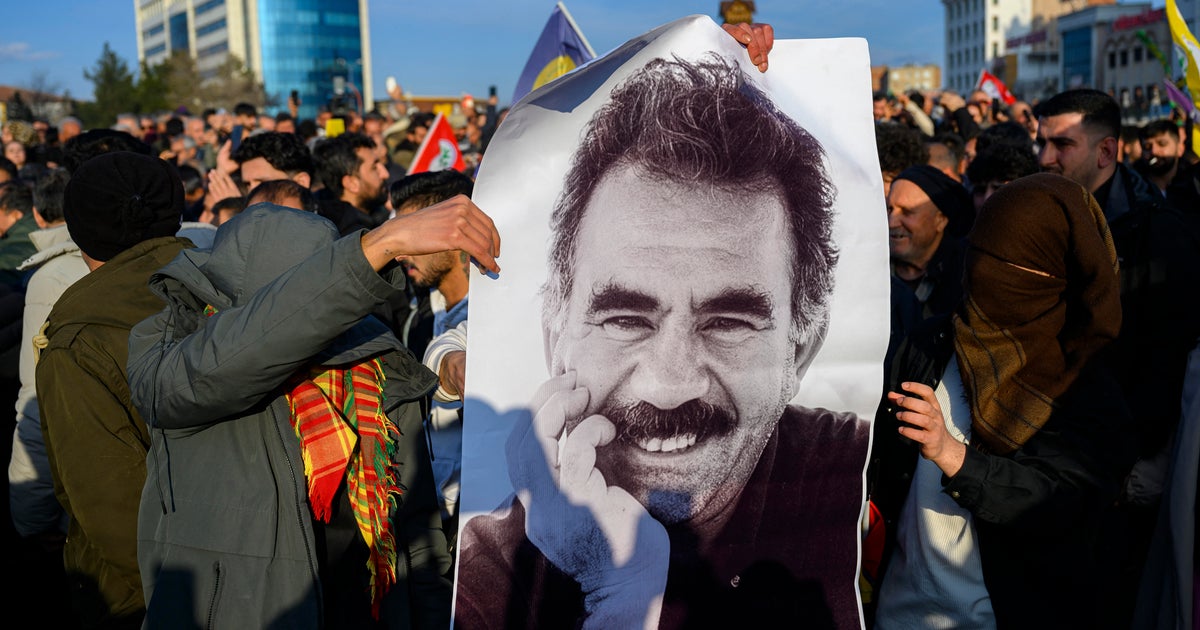Turkey mulling extra budget as costs rise, lira drops -sources
By Orhan Coskun and Nevzat Devranoglu
ANKARA, June 9 (Reuters) – Turkey’s government is considering pushing a supplementary budget through parliament before a recess next month in order to cover possible summer payments and the rising costs of a lira slide and rampant inflation.
Two sources told Reuters that work on the extra budget was being conducted, but no final decision has been made on whether it will be needed.
The decision comes as President Tayyip Erdogan faces tough elections by mid-2023, and his approval ratings have been hit by 73% annual inflation that has sent food and gas prices soaring.
The budget burden has grown due to rising energy costs, public sector wage and pension hikes, the lira slump and the related rising cost of a deposit protection scheme (KKM) launched late in 2021 to mitigate the effects of a currency crisis.
“Electricity and gas costs in particular have had an impact (so) it appears impossible to stay within the budget this year,” a senior official said, requesting anonymity.
“Making an additional budget seems inevitable.”
A Treasury source said a supplementary budget was currently not on the agenda.
Under pressure from Erdogan for monetary stimulus, the central bank slashed rates last year, sending the lira to record lows and fuelling inflation. The currency has shed 23% this year after losing 44% last year.
To ease the burden on Turks, Ankara introduced fuel, electricity and gas subsidies worth 200 billion lira ($11.6 billion) in 2021. They were expected to cost 300 billion lira this year, but energy costs have risen much more than anticipated.
The official said a few meetings have been held but the size of a supplementary budget was unclear, and state institutions are determining their combined additional budget needs.
“The best option would be for it to be pushed through…before the holiday,” he added.
Parliament usually breaks from early July to early October.
“Work has started on issuing an additional budget in this legislative period…(and) a final decision has not been made,” another source familiar with the subject said.
Data suggests the budget deficit was a moderate 2.5% of gross domestic product at end-April, but the growing cost burden indicates it will widen by year-end towards 5%, which would bring Turkey closer to the level of other developing markets.
The government also considered a supplementary budget at the end of 2021 but shelved the plan and met rising costs with higher-than-expected revenues.
In the wake of the December currency crisis, the government boosted wages and cut taxes to support lower-income households, taking advantage of strong public finances and what was the lowest deficit among peers until 2016.
Presidential and parliamentary elections are scheduled for June 2023.
“With the election countdown, the expectation that spending will accelerate…has already triggered additional budget studies,” said analyst Guldem Atabay from Istanbul Analytics.
The budget deficit-to-GDP ratio remained low around 1% from 2013 to 2016, boosting Turkish investments. It then rose to 1.5% in 2017 and reached 3.5% by 2020.
The KKM deposit protection scheme was worth 904 billion lira ($52.5 billion) last week, compared to 6.6 trillion lira in total deposits.
While the central bank backs part of the scheme, the Treasury has said its payments to depositors were 21.1 billion lira as of June 3.
Based on the lira at 17 to the dollar, bankers’ calculations show that the scheme’s budget burden will be 8 billion lira in June and 5 billion lira in July, with most of the cost being transferred to the central bank from August.
($1 = 17.2264 liras) (Writing by Daren Butler; Editing by Jonathan Spicer and Toby Chopra)




